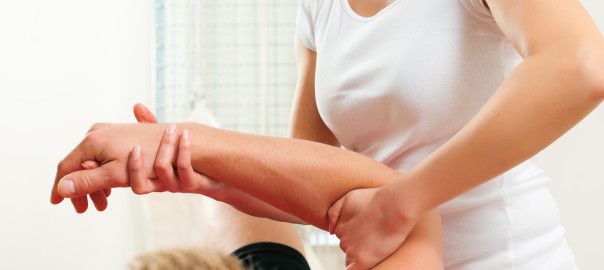Acupuncture is an ancient eastern medical discipline in which it takes years for practitioners to be considered proficient acupuncturists. It has proved to be an effective treatment for a wide range of ailments, symptoms and medical conditions, and we have collected some of those conditions in this article. If you don’t see your condition or symptom discussed here, contact a trained acupuncturist with your questions. It may well be possible to provide relief using our needle insertion techniques.
Pain Conditions
Acupuncture is perhaps most well-known as a pain treatment, and rightly so. Acupuncture is a successful method of addressing chronic pain conditions, as well as pain related to diseases like cancer.
Neurological Conditions
Acupuncture has been used successfully to treat the causes and symptoms of a wide variety of conditions related to brain function, from migraine headaches to dizziness and tinnitus, to some forms of paralysis, stroke symptoms, and even types of neuralgia. People with many conditions involving the brain or the nervous system have found relief from their symptoms through acupuncture.
Tooth Problems
Many people don’t realize that acupuncture can help treat the effects of toothache, post-extraction pain, and gum diseases like gingivitis.
Cardiovascular Conditions
Acupuncture has been found to be beneficial in the treatment of a variety of cardiovascular conditions, including high and low blood pressure, angina and poor circulation.
Digestive Complaints
Whether you suffer from IBS, GERD, dyspepsia, ulcers, hiccups or any one of dozens of gastrointestinal complaints, acupuncture can help treat the cause as well as the symptoms.
Skin Conditions
Acupuncture has had a remarkably positive effect on a range of skin conditions, including eczema, dermatitis, shingles, scarring, hair loss and acne.
Sporting Injuries
Sports-related injuries, from tennis elbow to sprained ankles, can be helped by acupuncture. Whether the problem is muscular or skeletal, acupuncture has been proved to provide pain relief and improve recovery time.
Musculoskeletal Conditions
Acupuncture needles are a proven and popular treatment for a wide range of musculoskeletal conditions, including sciatica, lumbago and other back conditions, arthritis, gout, and neck pain, among many others.
Gynecological and Obstetric Issues
Conditions including PMS and other menstrual issues, fertility problems, PCOS, menopause, hormonal imbalances and many other conditions related to the reproductive system can benefit from treatment with acupuncture.
Psychological Conditions
In addition to physical conditions, acupuncture can be used to treat a wide range of psychological conditions, including depression, phobias and anxiety.
These are just a tiny sampling of the many conditions that acupuncture has been used to successfully treat over the more than 2,000 years it has been practiced in China and elsewhere. There are countless other conditions that can benefit from acupuncture as a treatment plan, and it’s always worth asking about to find out if it’s right for you.
There may be certain conditions for which acupuncture is not recommended, and it’s a good idea to check with both your doctor and a certified acupuncturist before seeking this type of treatment. Also remember that acupuncture is often a supplementary treatment and part of a broader treatment plan for a particular condition, disease or injury. To find out what types of acupuncture we offer, contact us to book an initial consultation.




